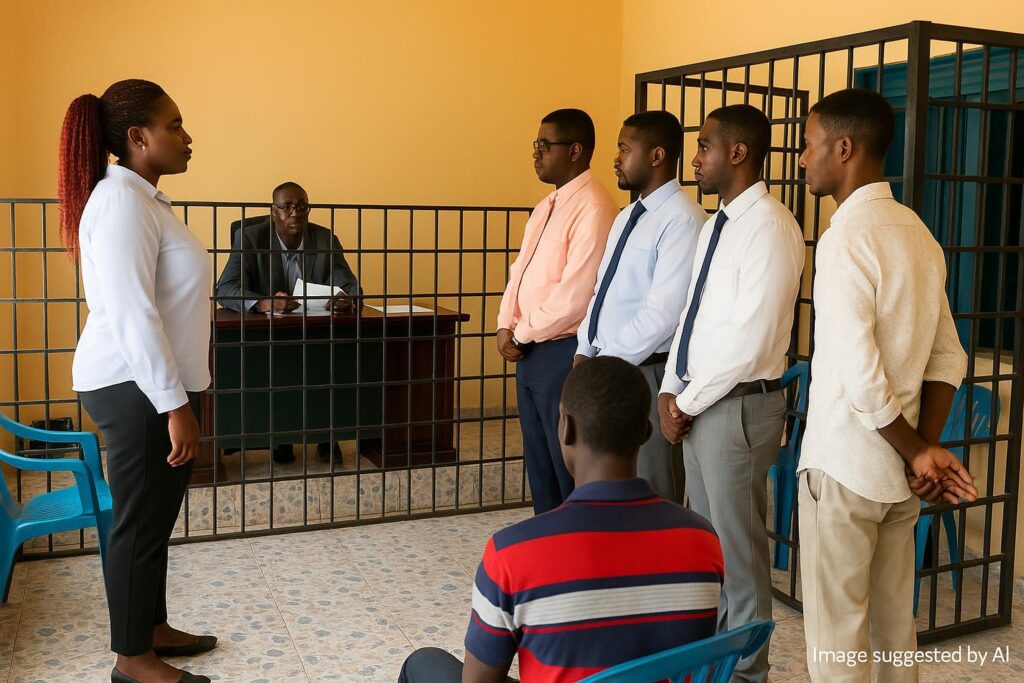Mobile Court Revives Hope in Pibor
In the remote Greater Pibor Administrative Area, lawlessness once felt routine. A United Nations–supported mobile court has now broken that pattern, travelling with judges, clerks and police to hear cases where crimes are committed, not in distant capitals.
During a four-week sitting, the circuit heard 26 matters, including 16 criminal files linked to cattle raids, child abductions and sexual assaults, convicting five offenders and settling ten land disputes that fuel inter-communal tension.
Community Response and Cultural Complexity
Elders interviewed outside the tented courtroom said seeing verdicts announced publicly ‘restores broken hearts’ and discourages revenge killings, a recurrent cycle in Jonglei state.
Yet the same leaders admit that cattle wealth, bride-price traditions and warrior prestige still push young men toward raiding, meaning justice reforms must be paired with economic options and cultural dialogue.
From Ad Hoc Hearings to Permanent Justice
Until this year, official courts reached Pibor only sporadically, leaving residents to customary chiefs or armed groups for dispute settlement.
The judiciary now plans to station a resident judge, a move local NGOs say could anchor rule of law if backed by secure facilities, interpreters and predictable funding.
UNMISS and National Authorities Unite
UNMISS engineers have already completed a modest courthouse and are lobbying donors for a police barracks and prison wing, arguing that credible justice requires safe custody of suspects.
Minister of Justice Ruben Madol Arol, touring the site, praised the partnership as ‘a template we can replicate across hard-to-reach counties’. His delegation urged communities to use courts rather than arms to settle grievances.
Broader Lessons for African Peacebuilding
For analysts tracking peace accords from Juba to Bangui, the Pibor experiment shows that mobile justice can close the gap between national commitments and village realities, provided it evolves into stable institutions rather than one-off missions.


